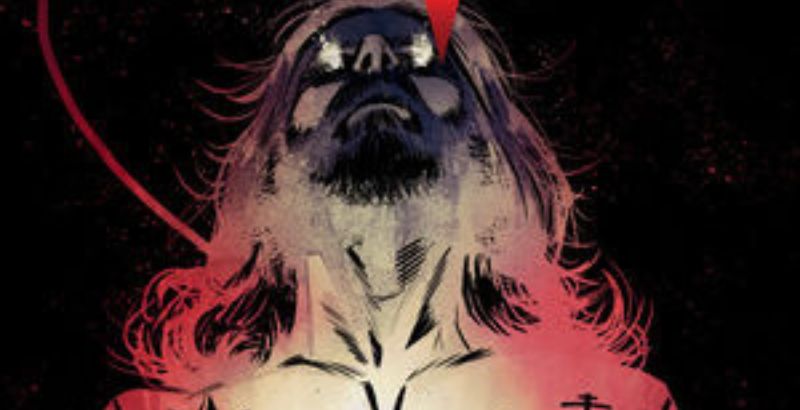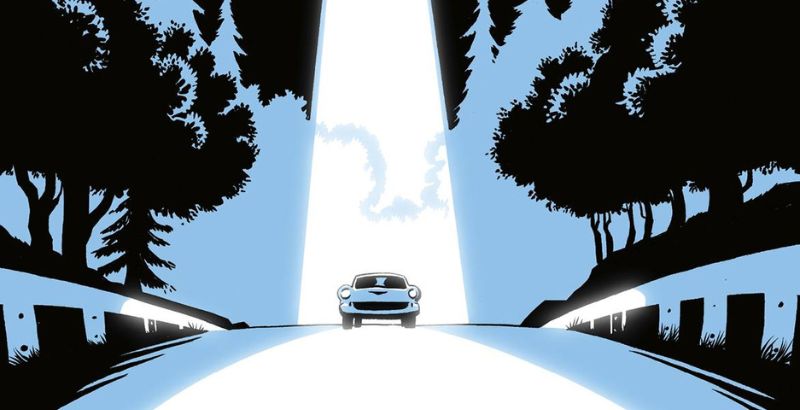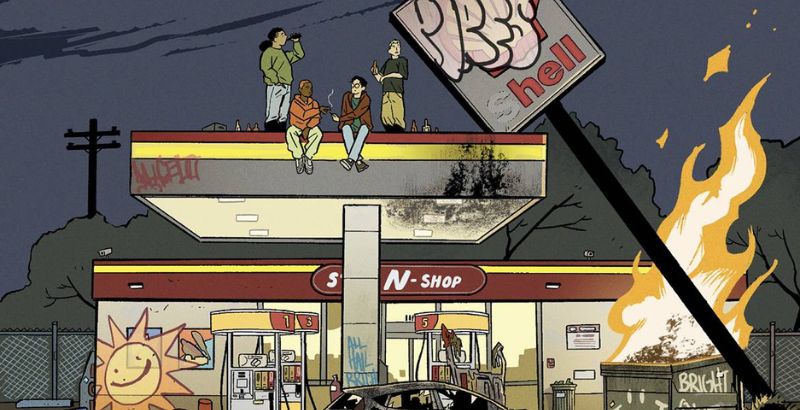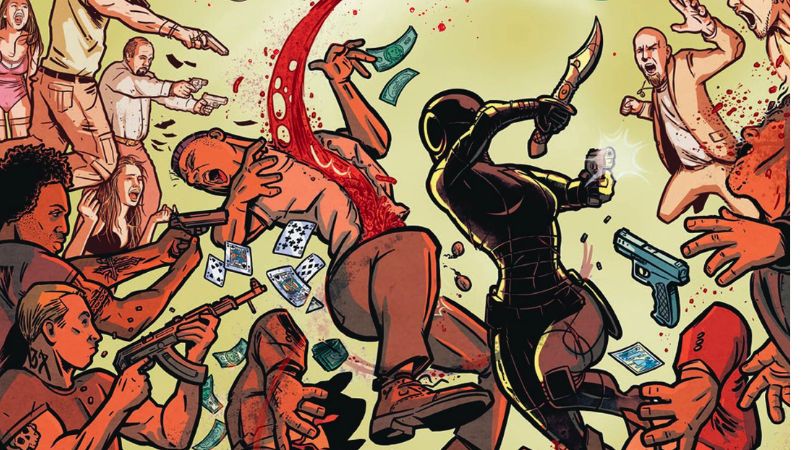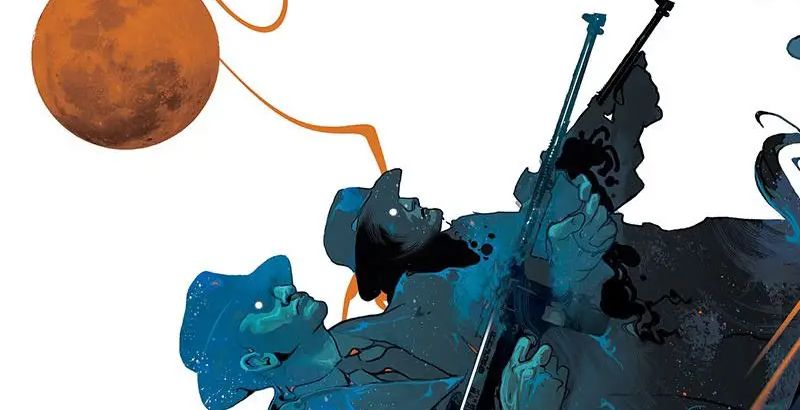
Machine Gun Wizards, Vol 1. (originally titled Tommy Gun Wizards) is written by Christian Ward, illustrated by Sami Kivela, colored by Ward and Dee Cunniffe, lettered by Hassan Otsmane-Elhaou, and published by Dark Horse Comics. Set in the seedy underbelly of 1930s Chicago, the series follows Eliot Ness and his Untouchables as they attempt to bring down Al Capone. However, in this version of history Capone has used Prohibition to deal in Lick, a substance that grants its users magical abilities. As Ness and the Untouchables race to bring down Capone’s empire, Capone himself plans to extend his sphere of influence outside of Chicago.
I’m a huge fan of urban fantasy novels, and this comic manages to tap into the same vein that The Dresden Files does. It also is a great example of how to do historical fiction; Ward’s writing is both true to events that actually transpired and injects mystical elements into the proceedings without trivializing history. On top of that, Kivela’s art is eye-grabbing and helps bring this world to life.
Ward is best known as the artist for various comic book series, including Invisible Kingdom for Image Comics and Black Bolt for Marvel; Machine Gun Wizards is his first time writing a comic book series. He takes to it like a duck to water, expertly weaving together fiction and history to tell a compelling story. Capone has several “protection spells” doing his bidding, raw magic taking the form of men and dealing damage to his enemies. Ness and the other Untouchables turn to use Lick themselves to counteract Capone’s hitmen; the results keep them alive but the growing risk of addiction gnaws at them, Ness in particular.
Kivela’s artwork brings this world to life, particularly in the battle sequences. The second issue features a high-pitched battle between the Untouchables and several of Capone’s Lick-powered hitmen; Kivela is in his element here as he depicts a man who can make his tattoos come to life, another man who becomes a living bonfire, and a thug who grows in mass and muscle, literally punching one of the Untouchables through a wall. Kivela revels in the sheer insanity this concept brings, his images pairing wonderfully with Ward’s words to bring this concept to life. His characters are also extremely expressive; Ness’s face is almost always set in a determined expression, while Capone either has a sadistic smirk or a look of sheer disgust on his face when dealing with his underlings.
Each issue of Machine Gun Wizards also features a backup story, written and illustrated by Ward, that takes place in an alternate dimension. At first, I was confused since this backup was a far cry from the hardboiled crime/fantasy thriller I had previously read. However, the two stories wove together in a surprising way, which is a testament to Ward’s dedication to this story and his execution of this high-concept story. As in his usual work, Ward brought an otherworldly vibe to his artwork that is perfect for the far-flung future he creates; as history and magic intertwined in the main story, so do science and magic in the backups.
The secret weapon of Machine Gun Wizards is Cunniffe’s colors. Magic is often associated with different colors and Cunniffe uses that to her advantage; when a pile of vomit comes to life, the dark green and browns will make the reader recoil. A ghostly protection spell is blindingly, brilliantly white, lending an air of menace to the proceedings. And in a quiet moment in the first issue, Ness sits at the foot of his bed, the dark blue shading offering a peek into his conflicting emotions.
If you love true crime films or high-concept fantasy, Machine Gun Wizards is a comic that is definitely worth your time. Christian Ward manages to make the transition from artist to writer seem effortless, and Kivela and Cunniffe were the right choices to bring his world to life.
Machine Gun Wizards, Vol 1. is available wherever comics are sold.
'Machine Gun Wizards," Vol 1
TL;DR
If you love true crime films or high concept fantasy, Machine Gun Wizards is a comic that is definitely worth your time. Christian Ward manages to make the transition from artist to writer seem effortless, and Kivela and Cunniffe were the right choices to bring his world to life.

